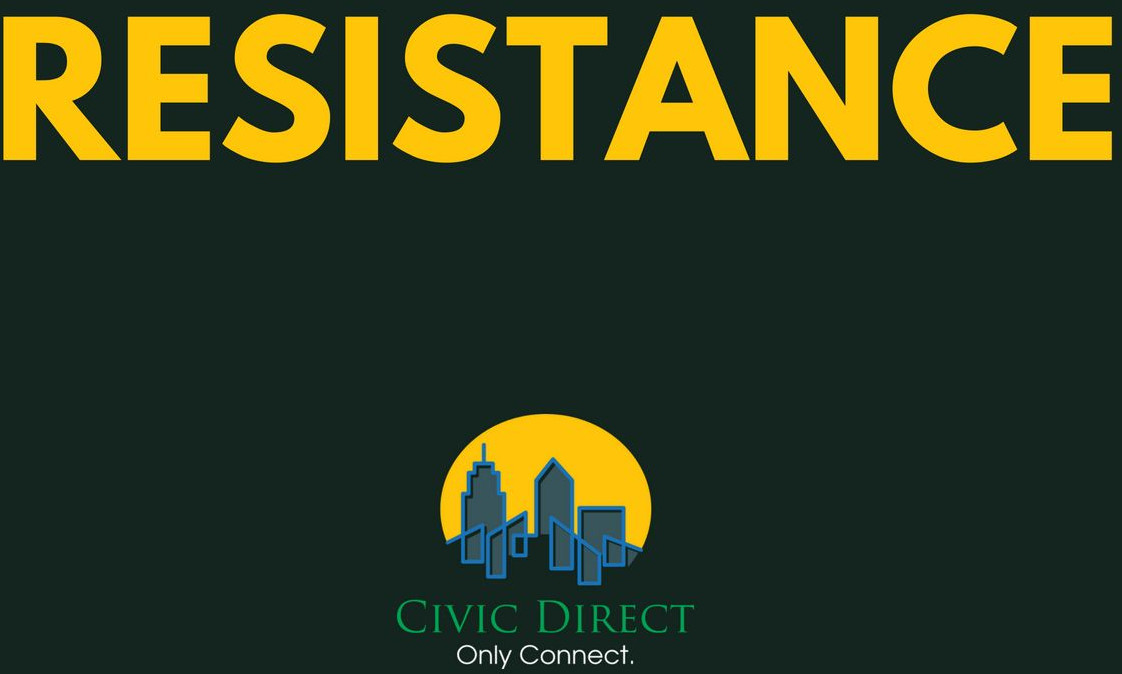A number of years ago, I heard a sermon that sticks with me to this day. Like all good sermons, the message from the pulpit offered a loving challenge to my thinking and perhaps more importantly to behaviorally put my faith in action. This sermon delivered a number of years ago at my home church of Christ Church in Philadelphia by our incredible preacher, Rev. Tim Safford, went a little something like this:
Jesus called his disciples as he was beginning his ministry. Folks from different walks of life were each confronted with the person that our faith considers the messiah. His challenge was plain: drop everything and follow me. Leave the fishing nets where they are. Leave your family and friends and all that you know. Your mission is now to follow God in a total and complete way.
The sermon asked us to put ourselves in the shoes of those disciples and asked what we would do? Would we not only leave our friends and family, but also subjugate ourselves to their scorn for pursuing this radical new way of approaching life? Would we give up our livelihoods to face the uncertainty of not knowing where the next meal may come? Would we take the risk with Jesus right in front of us his extended hand to us?
This wasn't a more typical call to being an adherent to the faith, but rather a challenge to following God through action. Are we pursuing justice in a complete way through our advocacy? Are we tolerating or ignoring some of the problems that seem almost too big for us to truly make a difference like poverty or racism or guns and violence? What risks are we taking to pursue the justice that God seeks for God's people.
The pastor posited that indeed none of us take up the cross to follow God completely, but rather we make compromises, and ideally we do so as compromises of integrity. A compromise of integrity means that you fall short of making an ultimate commitment to what God expects to pursue justice and peace, because you instead are doing something of value like taking care of your children or an elderly parent. The pastor in some ways gives us a pass in making the complete commitment of the disciples to the degree you are pursuing some other comparable good.
I don't know that the teachings of Jesus contain that hall pass and so I've aways struggled with two questions:
- On a daily basis, are the choices that I'm making that take me away from a full and complete commitment to pursing justice and peace compromises of integrity? Am I balancing risk with my comfort and the comfort of my family? Do I have too much? Am I in action enough on the issues I believe I've been called to address: racial justice, climate and inequality?
- Is the compromise of integrity a concept I should accept? It would appear that great changes are made by women and men who are willing to risk everything in order to bend the arc of the universe towards justice. Will I at some point need to step out more completely? Will I trust in the universe and God?
As I've observed and participated in the Resistance Movement, these types of questions are increasingly relevant and worthy of our deep contemplation and discussion. The Resistance Movement started almost a little tongue in cheek, with Princess Leia memes and such, though it was a real response by the majority of the electorate that did not vote for Donald Trump. The ethos of the movement is that we will fight tooth and nail to not allow him to pursue the racism and xenophobia, nor the destruction of our environment and our basic democratic norms.
There were some early wins, but the news we receive on a daily basis ranges from terrible to catastrophic. In this environment, we need to start asking ourselves a series of questions in the vein of the challenge of the sermon:
- How far am I willing to resist the evil of Trump and those who support him? Beyond voting, am I willing to go to the next protest? Am I willing to risk arrest in pursuit of the civil disobedience that Rev. William Barber and the Poor People's Campaign's are asking of us to pursue economic justice?
- What red lines do we have? What is too egregious that we will absolutely not stand for? Have we already passed that point? Are we pushing ourselves to be more creative in our actions? How do we do a better job of standing with marginalized brothers and sisters, whether they are immigrants subject to ICE action, transgender folks wanting to serve in the military, or black and brown movements of liberation against a system that incarcerates far too many and subjects folks to the continuing threat of racialized violence and policing?
- How do we turn resistance to a positivist movement with an agenda collectively pursued? Even in the dark times, we have hope that we can bring about a new political reality? Will we push the system to finally demand universal health care, real action on climate, and gun control? Are we ready to stand fully on the side of justice? Will we be no longer be willing to tolerate practical politics that compromises basic human rights of certain peoples or the survival of our planet?
Let's challenge ourselves both in our individual meditations and corporately in our organizations and activism and social circles. Resist with more creativity and risk; plan with more connectedness, and act with more love.
The calling is clear: Risk more.

